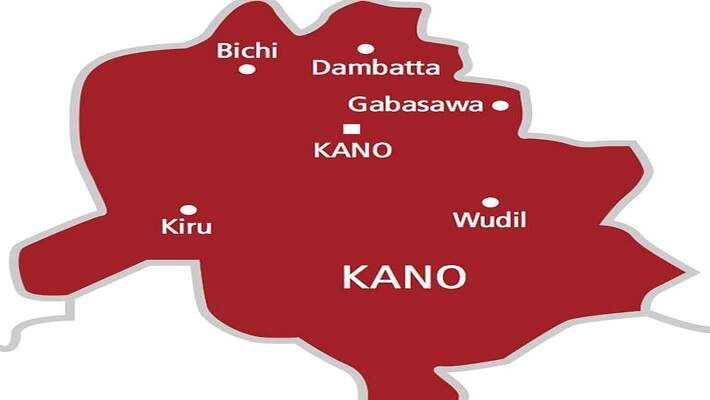The Kano State Film and Video Censorship Board has officially revoked the operating licences of eight gala entertainment centres across the state, banning them indefinitely.
This move forms part of the board’s ongoing efforts to protect Kano’s cultural, religious, and moral principles.
Executive Secretary Abba El-Mustapha disclosed the decision in a statement issued on Wednesday, explaining that the action aims to eliminate inappropriate practices within the entertainment industry.
El-Mustapha stressed that the ban is intended to cleanse the sector and enforce strict compliance with societal values.
He stated, “This action reflects our commitment to ensuring that Kano’s entertainment industry operates within the boundaries of our laws and moral standards.
“The banned centres have repeatedly flouted the board’s guidelines, and their operations are no longer permissible.”
The entertainment centres affected by the ban include:
- Hamdala Entertainment – Ungoggo
- Lady J Entertainment – Sanya Olu
- Dan Hausa Entertainment – Sanya Olu
- Ni’ima Entertainment – Zungeru
- Ariya Entertainment – Abedi Sabon Gari
- Babbangida Entertainment – Balatus
- Harsashi Entertainment – Ebedi Sabon Gari
- Wazobiya Entertainment – Sanya Olu
El-Mustapha further warned that any attempts to circumvent the ban by reopening under new names would lead to legal consequences.
“Our monitoring teams are vigilant. Any individual or group caught attempting to bypass this ban will be arrested and prosecuted,” he emphasized.
ALSO READ
Reports indicate that these centres were involved in activities considered harmful to public morals, such as hosting late-night shows, displaying indecent content, and operating without proper licensing.
This enforcement action comes shortly after the board suspended several Hausa drama series on YouTube and local television for alleged indecency and lack of official censorship approval.
El-Mustapha clarified that the measures are not intended to hinder creativity but to prevent content and conduct that conflict with societal standards.
“We encourage filmmakers and entertainers to collaborate with us in creating works that reflect Kano’s cultural and religious identity,” he added.
The board reaffirmed its dedication to nurturing a responsible and law-abiding creative sector by providing dialogue, training, and support to those who comply with its regulations.
“Our ultimate goal is to strike a balance between creativity and respect for our norms and traditions,” the Executive Secretary concluded.
